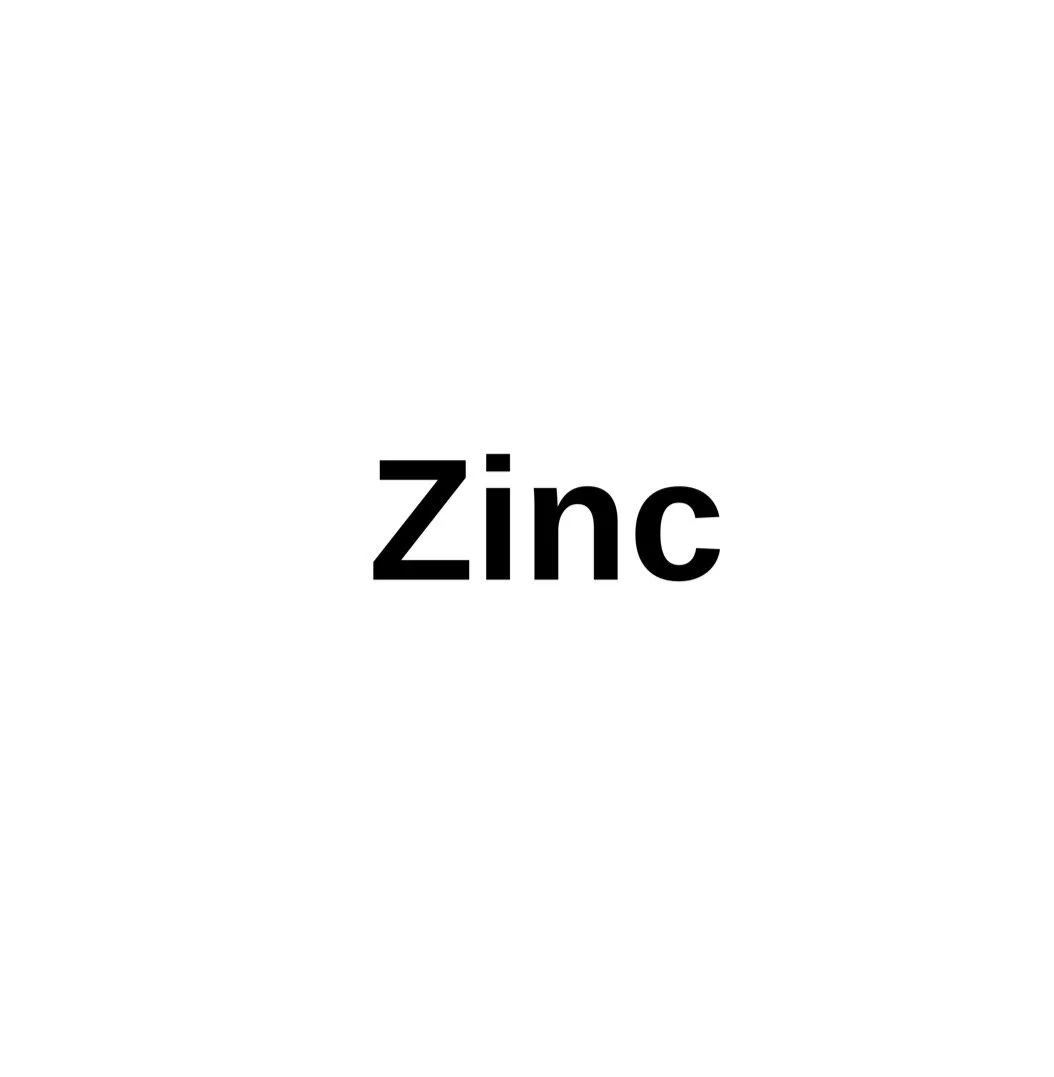ZINC
Another great mineral for the immune system and the skin is zinc. Most of us have heard of collagen benefits for the skin (if not see blog post on collagen), however zinc is also as important. Zinc is found to activate the proteins needed for collagen production. Topical zinc oxide, commonly found in skin care products, also helps protect the skin against harmful UV rays from the sun. Zinc oxide provides a skin protectant and is commonly found in creams and ointments used for baby rashes.
As COVID-19 continues to be a global epidemic keeping our immune systems strong is very important. Zinc plays an important role in supporting the immune system. There have been studies reported in which zinc helps increase T cells. T cells are cells that are part of the immune system that help fight infection. In vitro, meaning studies in test tubes, zinc has been shown to have the capacity of inhibiting viral replication, although studies in humans have shown inconsistent results.
In addition, chloroquine, one of the current anti-malarial drugs approved for emergency use by the FDA, has been shown to be a zinc ionophore, meaning it helps transport zinc across cells. This theory was determined per a clinical trial for anticancer activity.
As far as colds, zinc tends to work best if given within 48 hours of symptom onset. If you feel like a cold is coming on you may want to start taking zinc.
If you do not want to take supplements of zinc good dietary sources for zinc include oysters, red meat, beans, nuts, whole grains and dairy. Be aware that some medications may reduce your zinc levels including hormones, birth control and acid-reducing medications called Proton Pump Inhibitors (PPIs) such as Nexium® and Prevacid®. Too much zinc may deplete your copper restores, therefore it is best to follow the recommended daily limits of 8 mg for most women and 11 mg for most men. The National Institutes of Health considers 40 mg of zinc a day as the upper limit for adults. Side effects include bad taste, mouth irritation, nausea and diarrhea.
Other roles for zinc includes men’s health, thyroid, diabetes, hair loss, wound healing and age related macular degeneration. In men zinc levels tend to be highest in the prostate than in any other part of the body and there is some support that it helps sperm production. In thyroid zinc aids in converting thyroxine (T4) into the active hormone triiodothyronine (T3) and low levels of zinc have been shown to contribute to hypothyroidism. Zinc’s role in diabetes is to help maintain hormone balance of insulin and also binds to insulin and help convert glucose into energy.
References:
1. Xue, Jing et al. “Chloroquine is a zinc ionophore.” PloS one vol. 9,10 e109180. 1 Oct. 2014, doi:10.1371/journal.pone.0109180. Accessed on March 31, 2020
2. te Velthuis, Aartjan J W et al. “Zn(2+) inhibits coronavirus and arterivirus RNA polymerase activity in vitro and zinc ionophores block the replication of these viruses in cell culture.” PLoS pathogens vol. 6,11 e1001176. 4 Nov. 2010, doi:10.1371/journal.ppat.1001176. Accessed on March 31, 2020
3. https://www.mayoclinic.org/drugs-supplements-zinc/art-20366112. Accessed on April 10, 2020
